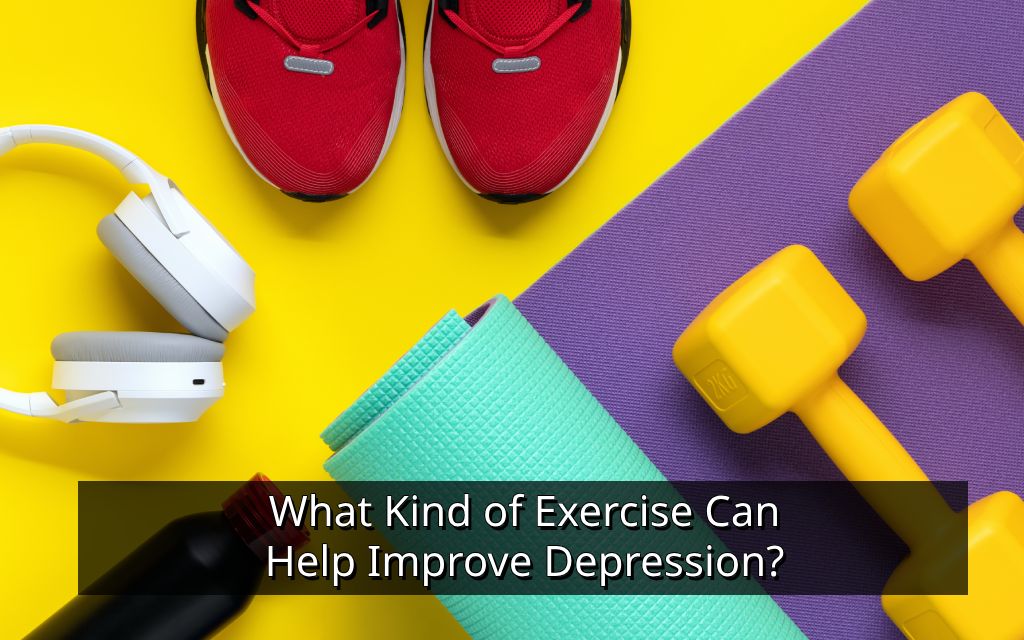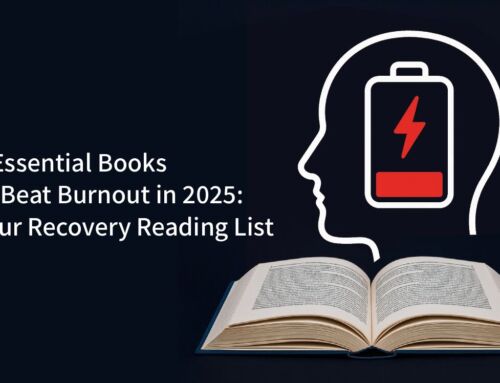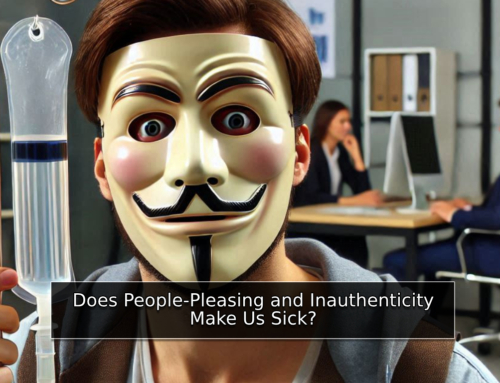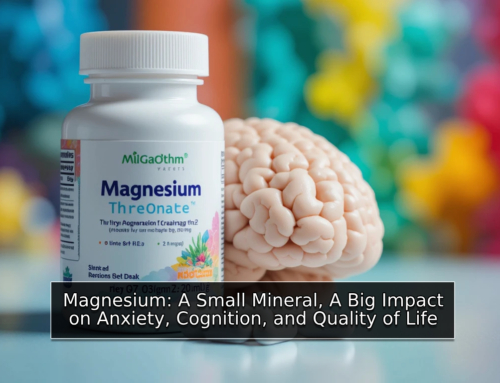How Much and What Kind of Exercise Can Help Improve Depression?
We all know that exercise can help improve our mood and reduce symptoms of depression, and indeed, many ACT and CBT therapists recommend that their clients exercise. But you might be wondering: But you might be wondering: How much exercise do I need, and what type is best? Let’s explore some recent research to find out.
Why Exercise Helps with Depression
Exercise is like a natural mood booster. It releases chemicals in your brain that make you feel happier and more relaxed. It also helps reduce inflammation and promotes the growth of new brain cells. But the big question is, how much exercise do you need to see these benefits, and what kind of exercise works best?
What the Research Says
A recent study looked at different types of exercise and how much of it is needed to help with depression. Here’s what they found:
- Types of Exercise:
- Aerobic Exercise: This includes activities like walking, jogging, and cycling. These were found to be very effective.
- Resistance Training: Lifting weights or doing body-weight exercises like push-ups and squats also showed great benefits.
- Yoga and Tai Chi: These gentle, mind-body exercises were also effective, especially for those who prefer a less intense workout.
- How Much Exercise:
- For moderate-intensity exercise (like brisk walking), aim for 150 to 300 minutes per week. That’s about 30 to 60 minutes a day, five days a week.
- For high-intensity exercise (like running), 75 to 150 minutes per week is enough.
How to Get Started
Here are some tips to help you incorporate exercise into your routine:
- Find What You Enjoy: Choose activities that you like. Whether it’s dancing, swimming, or yoga, the best exercise is the one you’ll stick with.
- Start Small: If you’re new to exercise, start with just 10 minutes a day and gradually increase the time.
- Be Mindful: Try to be present during your workouts. Focus on your breathing and how your body feels. This can enhance the mental health benefits of exercise.
- Set Realistic Goals: Set achievable goals and celebrate your progress. Even small steps can make a big difference.
- Stay Consistent: Make exercise a regular part of your routine. Consistency is key to seeing the benefits.
Conclusion
Exercise is a powerful tool in managing depression. By finding the right type and amount of exercise that works for you, you can improve your mood and overall well-being. Remember, the goal is to find a routine that you enjoy and can stick with. With the right approach, exercise can be a valuable part of your journey to better mental health.
Contact now
Ready to take the first step towards positive change? Contact me now for more information and to schedule an appointment. Whether you prefer in-person sessions in Tel Aviv or virtual meetings via Zoom, my integrated approach of Cognitive Behavioral Therapy (CBT) and Acceptance and Commitment Therapy (ACT) can help you break free from struggles and find greater fulfillment in life. I'll be sure to get back to you as soon as possible. Let's embark on this transformative journey together!
Call Whatsapp 052-2325511
Or fill out the following form.
Can ACT and CBT assist you or your loved ones?
Welcome to my therapy practice, where I offer a powerful combination of Cognitive Behavioral Therapy (CBT) and Acceptance and Commitment Therapy (ACT) techniques. CBT is a goal-oriented, short-term approach that's highly effective for anxiety, depression, low self-confidence, and more. ACT complements CBT, helping you navigate life's challenges and find fulfillment and authentic, happier life.
If you're struggling with anxiety, depression, low self-image, or facing setbacks, CBT combined with ACT may be the key to transforming your life. Break free from the struggle and take a step towards a happier, more fulfilling life.
Contact me today to schedule an appointment and embark on your journey of positive change. You don't have to face it alone; I'm here to support you every step of the way. Let's work together to create the life you deserve!





